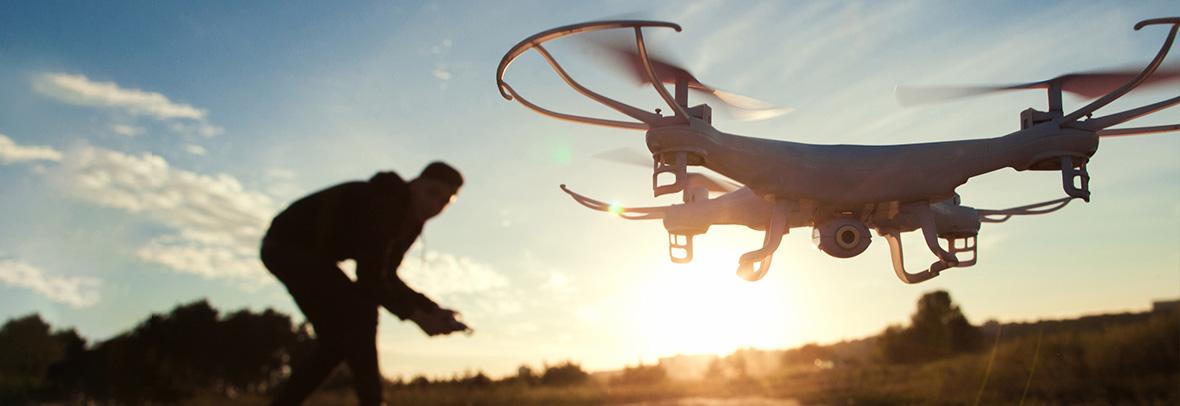
Doing Your Own Drone Photography? There Are Risks
The FAA has specific rules on drones used commercially, and there are additional real estate risks, including accidental damages to drones or property that most business insurance policies won’t cover.
ORLANDO, Fla. – Many real estate agents include listing photos and videos taken by a drone – aerial scenes of a home that show nearby lakes and provide an overall feel for the neighborhood. For some agents, drone photography is a selling point presented during the listing presentation, and it’s popular and sometimes expected by millennials.
However, drones used commercially are considered aircraft, and their use falls under the Federal Aviation Administration (FAA), which has multiple rules for legal use. In some cases, Realtors flying their own photography drones could be breaking FAA’s rules.
The National Association of Realtors® (NAR) has a dedicated webpage on drone use and a “Window to the Law” video. Major points include:
- Most drones above a certain size need to be registered with the FAA and be equipped with a remote identification broadcaster (remote identification effective September 2023).
- The FAA controls all air space 400 feet and higher, which identifies the legal ceiling for drone operations.
- Drones may not be flown within a 5-mile radius of any airport.
- Those operating drones for commercial use – which include aerial photography and videography related to a business such as real estate – need to obtain pilot certification or a license from the FAA and must be familiar with the restricted flight paths, speeds, weight limited and altitude limitations in their area of operation.
- States and localities can add additional requirements if they do not conflict with the federal regulations.
Additional drone concerns
While the FAA may be the primary concern of illegal drone users, two other issues should give agents pause: insurance risk and privacy.
Insurance risk: Drones used in commercial businesses are considered aircraft, a category not covered by most insurance policies. Damage to the drone or nearby property after an accident would not be covered in most cases, with damages coming directly out of an agent or broker’s pocket. And while independent drone insurance policies offer coverage, they generally require the operator to be working under the law, including having an FAA flying license and to be operating the drone in areas where it’s legal to do so.
Privacy: A seller approves listing photos of their home, but drone photography usually captures nearby backyards and other private areas. It’s generally a good idea to get permission from the owner of any property that might be photographed or recorded on video, but the process is cumbersome and agents often choose not to do it.
“Don’t buy a drone and just start flying,” NAR advises. To remain on the right side of the law, understand the rules and regulations before taking drone photos and videos of a home – and consider hiring a professional drone operator to achieve better results and minimize personal risk if something goes wrong.
© 2023 Florida Realtors®
